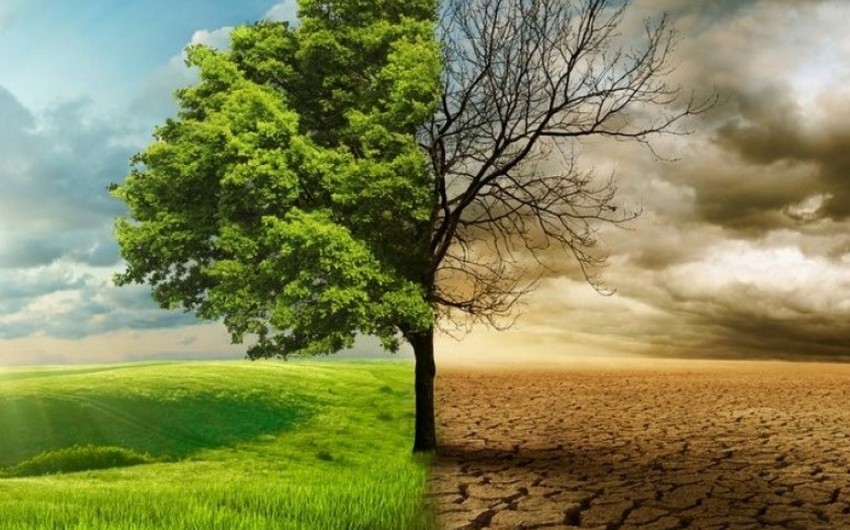The Western countries' opinion on Azerbaijan's policy is often tainted with bias, driven by geopolitical and economic interests, political scientist Hajra Khan told Report.
"For instance, the EU and US view Azerbaijan through the lens of energy security, given its strategic location as a Caspian Sea oil and gas producer. Furthermore, Criticism of Azerbaijan's human rights record and democratic shortcomings is selectively applied, contrasting with more lenient treatment of similarly situated nations. This double standard undermines the credibility of Western critiques," she said.
"Western nations often use climate summits as a platform to promote their own agendas, while criticizing other countries for not doing enough to address climate change. This can be seen as a form of 'climate hypocrisy.' For instance, Western countries have been accused of outsourcing their carbon emissions to developing nations, while touting their own climate credentials. This double standard undermines global climate efforts and creates tension between Western nations and countries like Azerbaijan," she noted.
"I view the politicization of events like COP29 as counterproductive and detrimental to global progress on climate change. Instead of fostering unity and cooperation, politicization creates divisions and undermines collective efforts. This phenomenon is often driven by geopolitical interests, economic agendas, and nationalistic priorities, which overshadow the shared goal of mitigating climate change."
"For instance, the EU's carbon border tax and the US's reentry into the Paris Agreement have been used as tools to exert influence and shape global climate policy. The economic implications of politicization are significant. Climate change already costs the global economy $320 billion annually," she added.


 https://static.report.az/photo/26cb4424-5f2b-3351-a62e-0f0b38bbf931.jpg
https://static.report.az/photo/26cb4424-5f2b-3351-a62e-0f0b38bbf931.jpg

